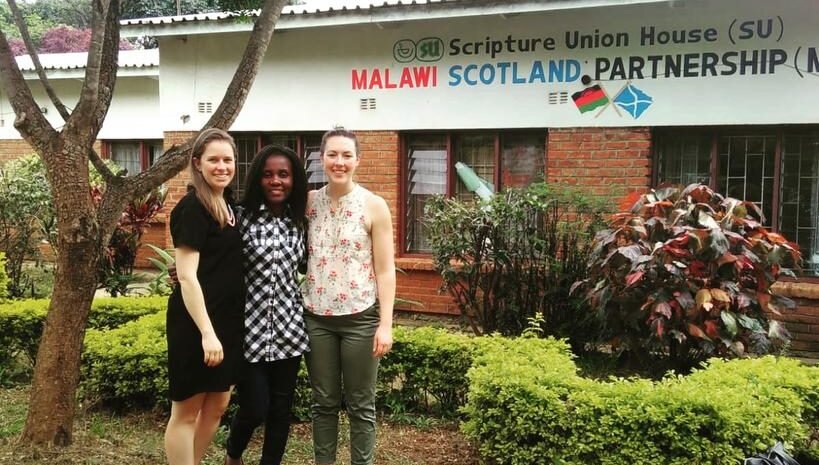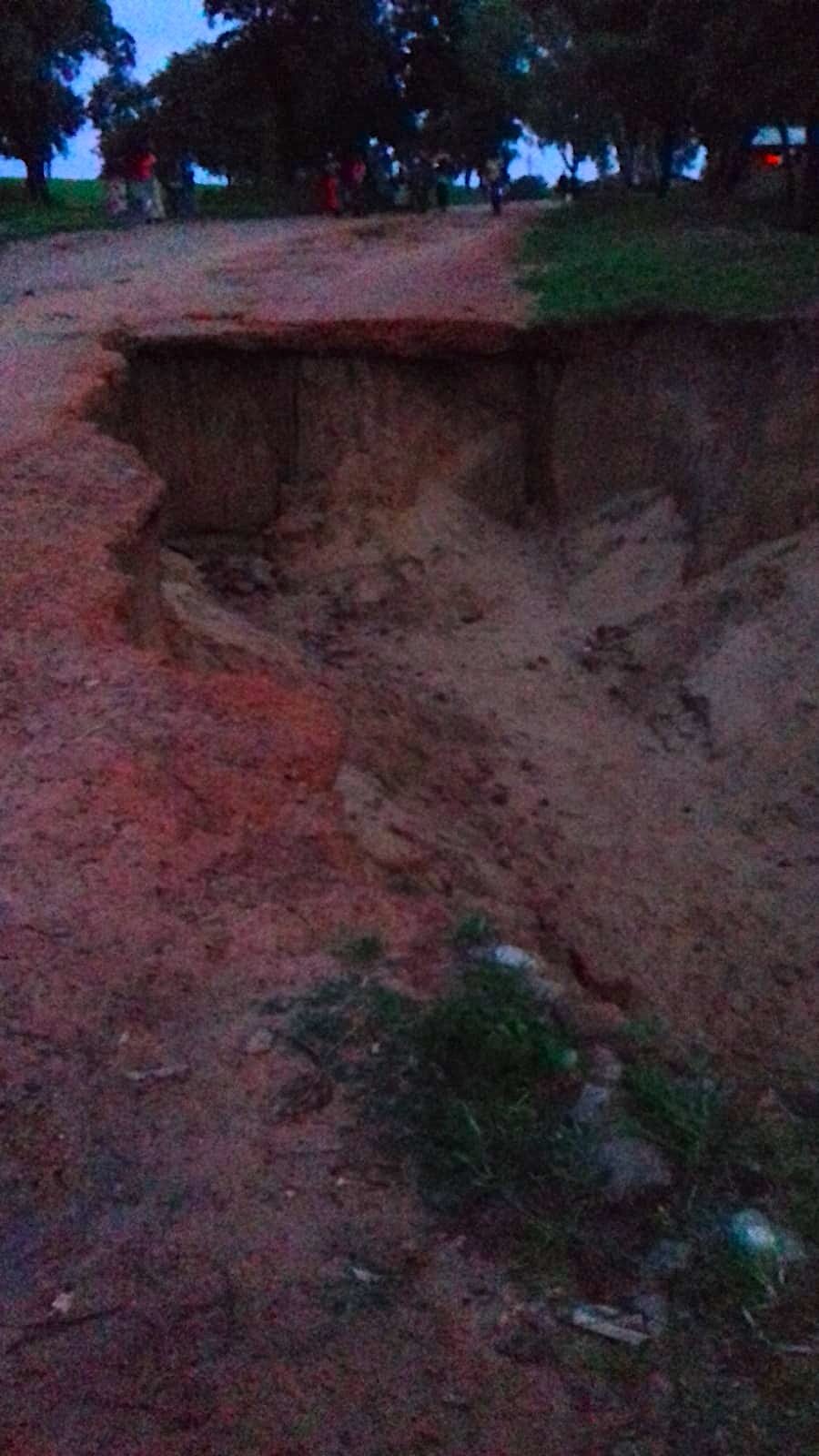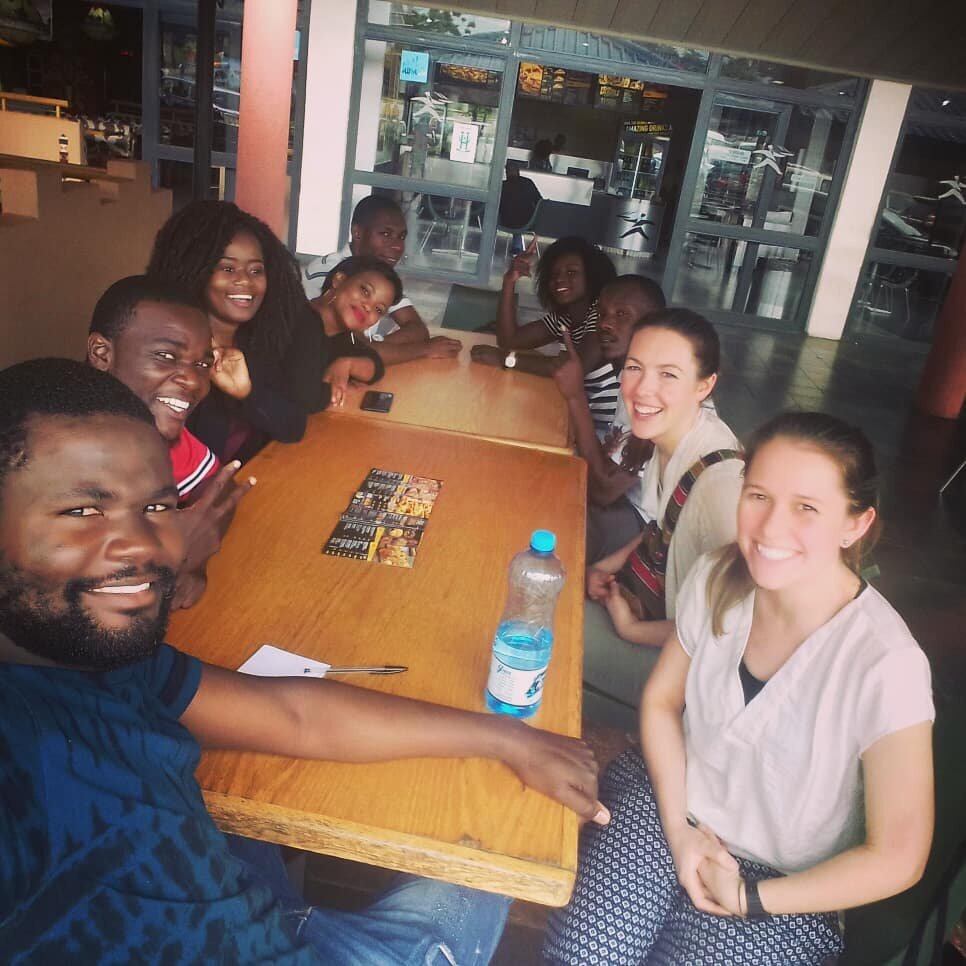Week 1 Update – The first blog post from our Young Leaders in Malawi
The first week of the much-anticipated trip to Malawi has been a whirlwind as Naomi and I try to get our bearings and settle in to a month of life here. For eight months 2050 has been working with colleagues in Malawi on the Malawi Climate Leaders project and it’s been exciting and eye-opening to finally meet them, see more pieces of the project and understand their context much better.
In Scotland we often discuss how we would like for climate change to be a ‘household name’ or a ‘kitchen table conversation’. In Malawi, it’s become very clear very quickly that climate change is a household word, climate change is a ‘kitchen table conversation’ because it is literally impacting what is on the kitchen table.
There is no doubt that people understand that climate change is a problem. There is no denial, there is no scepticism. It is real. It is now. And people are palpably worried about what it is already doing and going to do to their lives.
We have heard stories about how climate change impacts on agriculture are challenging to the communities, as well as stories about scarce electricity during the dry season due to the country’s dependence on hydro-electricity. By scarce, we mean 4 hours per day in the capital city Lilongwe…We experienced a couple of normal rain storms during our first week, and you can see the impact on roads, infrastructure, and buildings in a matter of minutes. A ‘normal’ rainy season storm would have the same impact on roads and infrastructure as a once-in-ten year storm would have on the infrastructure in Scotland. This is not even to consider the impact of small flooding or extreme weather patterns over time. When we talk about vulnerability… this is what we mean… on the photo, you can see the only road (or what’s left of it) to the campus of a technical college, where students live and study. We were with our Project Coordinator, Promise and his friend, who works at this college when we drove over this part of the road. He joked about the road collapsing… I guess this is one way of coping with vulnerability.
It’s easy to think that education and awareness-raising is the silver-bullet… that once people know what is wrong and what they can do, they will come up with solutions. However, when I reflect on what I have learned this last week about the role of young people in Malawi on climate change in the terms we usually use, there is much less need for ‘educate’ and ‘engage’, but instead a much stronger focus on ‘empower’ and ‘lead’.
So far we have had many specific conversations with young people about how they feel about their place in society. In Malawi, 70% of the population is under the age of 30, but in their culture and economy there are not enough opportunities for young people, let alone opportunities to lead. Of the project participants we have spoken with already, this sense of empowerment, leadership and action is what attracted them to this project specifically.Related to this, we have also discovered that there are lots of organisations that work on young people and climate change, perhaps because of the unique demographic dynamic. But something that Promise and Joanna both reflected on from their experience in Scotland, is that the emphasis on action is not always present. They, and other young leaders, are keen to get this kind of momentum for action going here. This seems to be the unique part of this project’s place in Malawi, as well as in Scotland.
- Elizabeth Dirth




